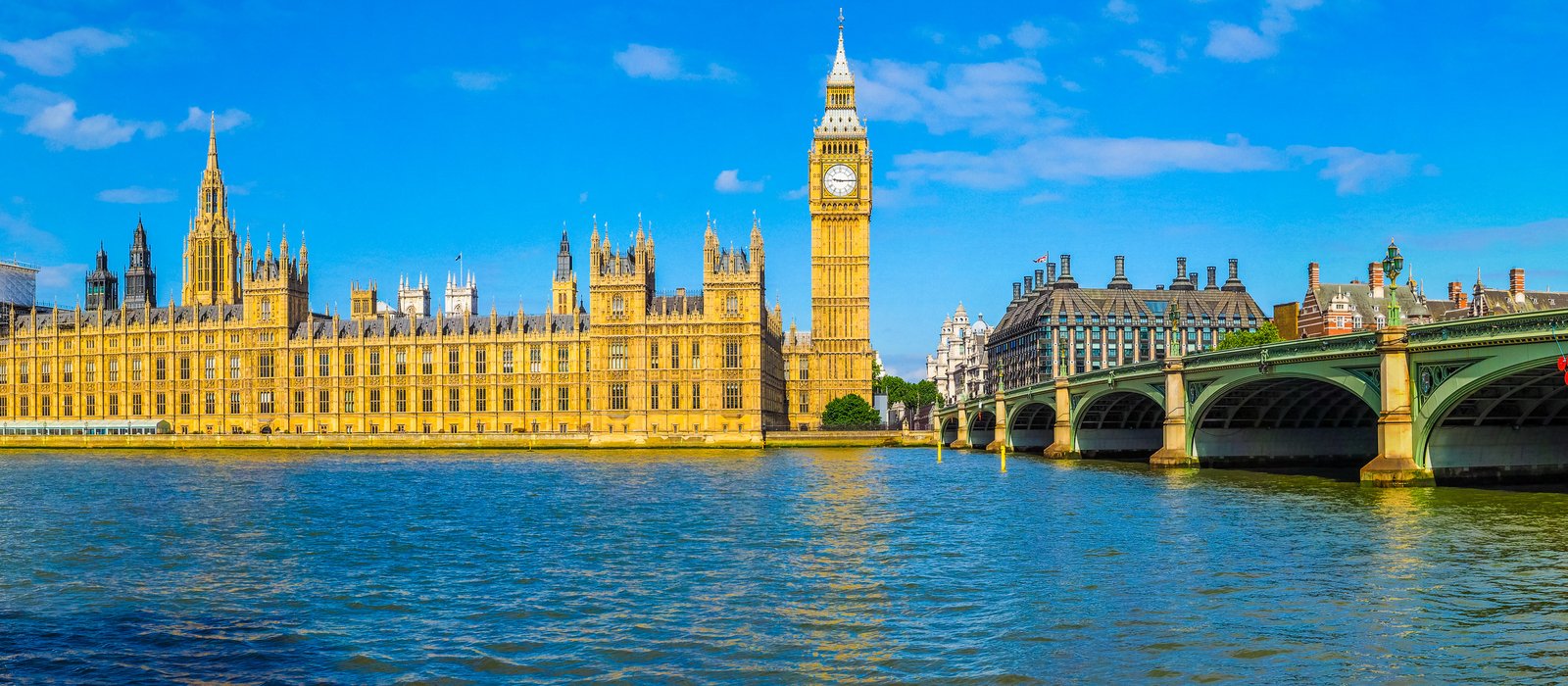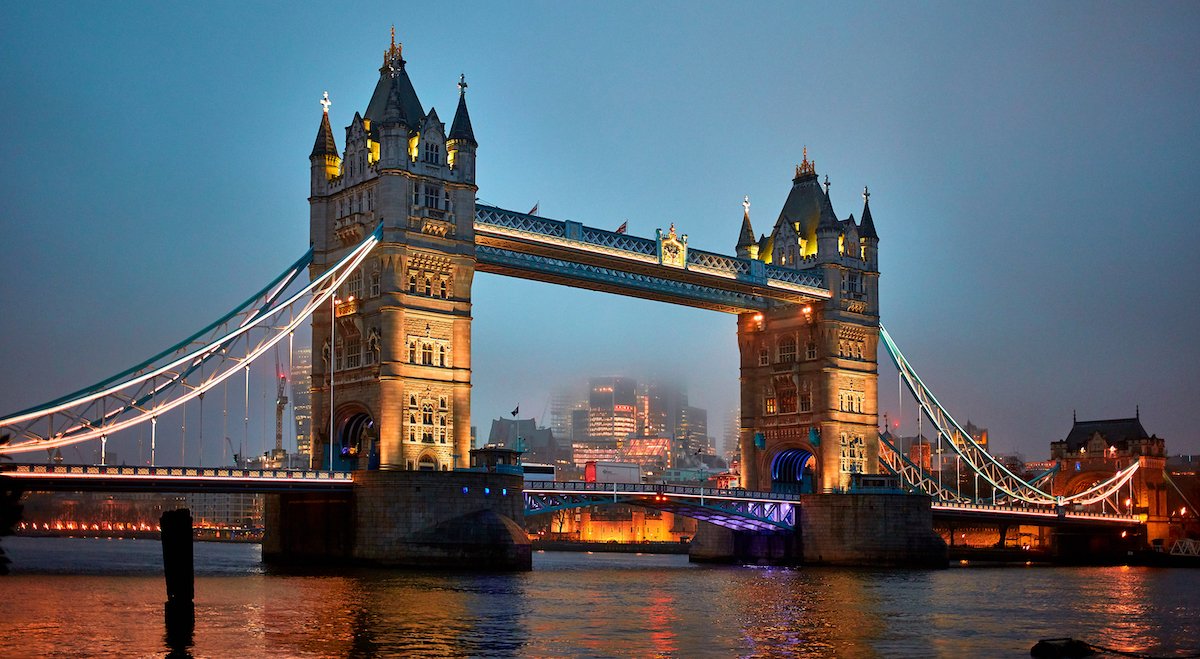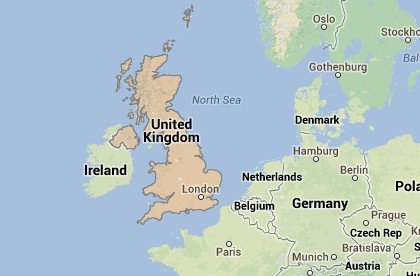
United Kingdom

United Kingdom

 Full name:
Full name:The United Kingdom of Great Britain and Northern Ireland
 Population:
Population:68,238,042 (Worldometer, June 2021)
 Capital:
Capital:London
 Area:
Area:242,500 km2
 Language:
Language:English

The United Kingdom is widely acknowledged as the world leader in higher education. With an enviable reputation for being an international study destination with the best career prospects, the UK is among the best facilities in the world. Its multi-cultural student community makes it arguably the ideal choice for students who wish to pursue their higher education abroad.
With centuries-old universities that have a rich legacy of producing the best minds across the world, the UK has traditionally been one of the premier educational destinations in the world. At ABD Education & Migration, we help students in every step of their UK admission process. Our consultants have the experience to make your student journey stress-free and also help begin your education at the right time, in a good university.
Today, the United Kingdom remains as one of the most favourite destinations for students looking for high-quality international education and a welcoming educational environment. Universities and colleges in the UK are among the top-ranked universities in the world. With 4 of the top 10 universities in the world, the United Kingdom has the best academic standards and educational facilities for its students. Getting a UK degree is widely recognised and valued internationally.
 World-ranked colleges and Universities
World-ranked colleges and Universities
 Internationally recognised courses
Internationally recognised courses
 Abundant and innovative research opportunities
Abundant and innovative research opportunities
 Scholarships and financial support
Scholarships and financial support
 Ability to work while studying
Ability to work while studying

The UK and its famous universities have an enviable reputation for academic excellence and unrivalled quality with more than 50,000 courses available for students. This makes the United Kingdom an ideal study destination for over a million foreign students from all corners of the world.
The UK Government has confirmed that from 1st July 2021, international students are eligible for a 2-year work permit in the UK after completing their graduation with the new Graduate Route Visa.
In 2017 – 18, the total number of international (non-UK) students studying in the United Kingdom was 4, 58,490. This accounts for 19.6% of the total students in the UK. In fact, 14% of undergraduate students and 35.8% of postgraduate students are from outside the United Kingdom.
 World ranked universities
World ranked universities
The top-ranked universities in the UK are also among the top universities in the world. 4 of these universities make it into the top 10 universities in the World. Each of these education institutions boast of the best academic standards and top facilities for students. The excellence of teaching and research in UK universities is acknowledged globally. If you decide to get your overseas education in the UK, your degree will be valued and recognised internationally.
 Short and flexible choice
Short and flexible choice
UK universities offer students the flexibility of choice when choosing courses that let you blend your preferred academic and vocational courses. These institutions offer a range of short courses to both students and professionals. While an undergraduate degree can be completed in 3 years, a postgraduate degree can be completed in just 1 year.
 Wide range of courses
Wide range of courses
The UK has the most diverse subject offerings in the world. Quite possibly, you will widest choice of courses available than anywhere in the world. From traditional to cutting edge technologies, UK institutions offer courses for every subject.
 Work while studying
Work while studying
Foreign students can work up to 20 hours every week during their semesters and full-time during the holidays. Also, there are plenty of part-time job opportunities for students to gain practical work experience and meet living expenses.
Getting overseas education in London can be the experience of a lifetime. In fact, London is among the popular cities for university cities worldwide. With plentiful universities in the area, London’s student life is in full swing. You will come across people from all corners of the world while studying here. Being a student in London also means getting cheap tickets to concerts, movie theatres, and clubs.
Widely considered as the UK’s second city, Manchester has numerous attractions on offer for international students. Popularly known as the birthplace of Industrial Revolution, Manchester is one of the cosmopolitan and most dynamic cities in the UK. Its musical culture, trendy cafes, art galleries, makes it a great cultural hub. And, the all-important fact that Manchester is much cheaper than London makes it an ideal city for students.
Want to study in a historic city that’s beautiful, modern, sophisticated, and boasts of a multicultural community? If so, Edinburgh is the place for you. Edinburgh, the capital of Scotland is regarded as one of the most desirable places to live in among students. This is all thanks to the landscape that surrounds it and the entertainment that the city offers.
 Foundation Pathways
Foundation Pathways
Do you not immediately meet the English language or academic requirements set by the UK University you are interested in? Opt for a Foundation Pathway course. A pathways course can help you hone your English skills as well as give you the confidence to start your undergraduate or postgraduate program.
 Undergraduate Programs
Undergraduate Programs
Give your global academic career an edge by obtaining a world-class undergraduate degree from a top UK College/University. The shorter duration and flexibility of UK courses in conjunction with its practice-based learning approach will help you gain a thorough understanding of your chosen subject. Usually, a bachelor's degree takes 3 years to complete.
 Postgraduate Programs
Postgraduate Programs
After completing your graduation, you can enrol in a postgraduate course. Improve your qualifications, skills, knowledge, and critical thinking by obtaining a postgraduate degree from a top UK university to truly transform your career.
 Major Intakes
Major Intakes
Generally, the academic season for colleges and universities in the UK start in September or January.
The United Kingdom’s education system is divided into four major parts: primary education, secondary education, further education and higher education. It is split into ‘key stages’ which break down as:
 Key Stage 1: 5 - 7 years old
Key Stage 1: 5 - 7 years old
 Key Stage 2: 7 - 11 years old
Key Stage 2: 7 - 11 years old
 Key Stage 3: 11 - 14 years old
Key Stage 3: 11 - 14 years old
 Key Stage 4: 14 – 16 years old
Key Stage 4: 14 – 16 years old
Typically, key stage 1 and key stage 2 will be undertaken at the primary school and when a student is 11 years old, he/she will move onto a secondary school and finish the key stages of 3 and 4. At the end of each stage, students are evaluated. However, the most crucial assessment occurs at age 16 when students pursue their General Certificate Of Secondary Education or GCSE.
The UK Government and Universities offer numerous financial support options to students for their education in UK. Scholarships, grants, fellowships, financial awards, and bursaries are offered to help international students fund their studies and for additional support to pay for their UK course. No matter whether you are a graduate student, a post-graduate student or a researcher, here are many scholarships, grants and bursaries schemes for meritorious students. These financial support options can be categorised as follows:
 Government Student Support
Government Student Support
 Science and Research Funding
Science and Research Funding
 Global Scholarships
Global Scholarships
 Country-Specific Scholarships
Country-Specific Scholarships
The UK application process varies depending on the level of education and the type of institution where you wish to study. So, it is indispensable that you find out all the details regarding the application process of the institution you desire to study well in advance.
Book a counselling session with our experienced study abroad consultants at ABD Education & Migration.
 Step 1:
Step 1:
Register with ABD Education & Migration and our team will build your profile based on your academic qualifications, work experience, and interests.
 Step 2:
Step 2:
Once the assessment is initiated, we will narrow down the desired university and relevant course according to your profile and interests.
 Step 3:
Step 3:
Your completed application will be submitted to the university finalised by you.
 Step 4:
Step 4:
Next, we will help you with visa documentation and the acceptance of offer letter.
Students wanting to study in the UK are suggested to begin their application procedure at least 8-10 months before the intake.
Usually, the academic session for colleges and universities in the UK begins in September or January.
Foreign students wanting to study in the UK must apply for a Tier-4 Student Visa. Keep in mind that UK Student Visas are awarded on a point-based system and you will need at least 40 points to qualify.
You are allowed to apply for the visa up to three months in advance of the starting of your course for an academic career in UK. You will need to provide numerous documents to meet the requirements of the UK student visa. These include:
 Application form (your details should match the info in your passport)
Application form (your details should match the info in your passport)
 Copy of passport
Copy of passport
 English proficiency document like IELTS, TOEFL, Cambridge, and PTE (In the case of PTE, send your scores directly to your university for verification)
English proficiency document like IELTS, TOEFL, Cambridge, and PTE (In the case of PTE, send your scores directly to your university for verification)
 Class 10 mark sheet and certificate
Class 10 mark sheet and certificate
 Class 12 mark sheet and certificate
Class 12 mark sheet and certificate
 Diploma/degree mark sheets (every semester including backlogs) and the degree course completion certificates
Diploma/degree mark sheets (every semester including backlogs) and the degree course completion certificates
 Provisional/degree certificate (should mention the class and certificate should have been issued by the university)
Provisional/degree certificate (should mention the class and certificate should have been issued by the university)
 Application fees (if applicable)
Application fees (if applicable)
 Letter of instructions (limited to a few universities)
Letter of instructions (limited to a few universities)
 Supporting documents if your study gap is more than a year
Supporting documents if your study gap is more than a year
 Work experience letter and salary statement (if applicable)
Work experience letter and salary statement (if applicable)
 Name change affidavit (if applicable)
Name change affidavit (if applicable)
 Marriage certificate (if applicable)
Marriage certificate (if applicable)
 Spouse’s academics (if applicable)
Spouse’s academics (if applicable)
 Spouse’s current activity proof (if applicable)
Spouse’s current activity proof (if applicable)
Students need to apply for their visa extension on completing their course before Summer 202. The UK Council for International Students Affair has announced a new 2 year work route for graduates starting from 1st July 2021.
Book your appointment with our UK visa counsellors.
UK offers foreign students a plethora of part-time and post-study job opportunities. International students can work up to 20 hours every week during their term sessions and work full-time during vacations.
The United Kingdom’s National Living Wage is:
 For students in the age bracket 18 and 20 - £5.90 per hour
For students in the age bracket 18 and 20 - £5.90 per hour
 For students aged between 21 and 24 - £7.83 per hour
For students aged between 21 and 24 - £7.83 per hour
 For students aged 25 and over - £7.83 per hour
For students aged 25 and over - £7.83 per hour
There are a plethora of part-time job opportunities available to students in UK to help them develop real-world business skills, build resume, and get an opportunity to build their social and professional network while also meeting their living expenses. The most popular areas for part-time job opportunities in UK are in industries like retail, hospitality, and many more.
Although the UK can be one of the most expensive countries worldwide to study and live, it offers amazing value for money. Check out below for a general overview.
 For Undergraduate Programmes: £10,000 - £10,000
For Undergraduate Programmes: £10,000 - £10,000
 For Postgraduate Programmes: £11,000 - £32,000
For Postgraduate Programmes: £11,000 - £32,000
 For Laboratory based Programmes: £12,000 - £27,200
For Laboratory based Programmes: £12,000 - £27,200
 London: £11,385
London: £11,385
 Rest of UK: £9135
Rest of UK: £9135
 Cost of Visa: approximately £348
Cost of Visa: approximately £348
Note: Actual figures may vary from one university to another